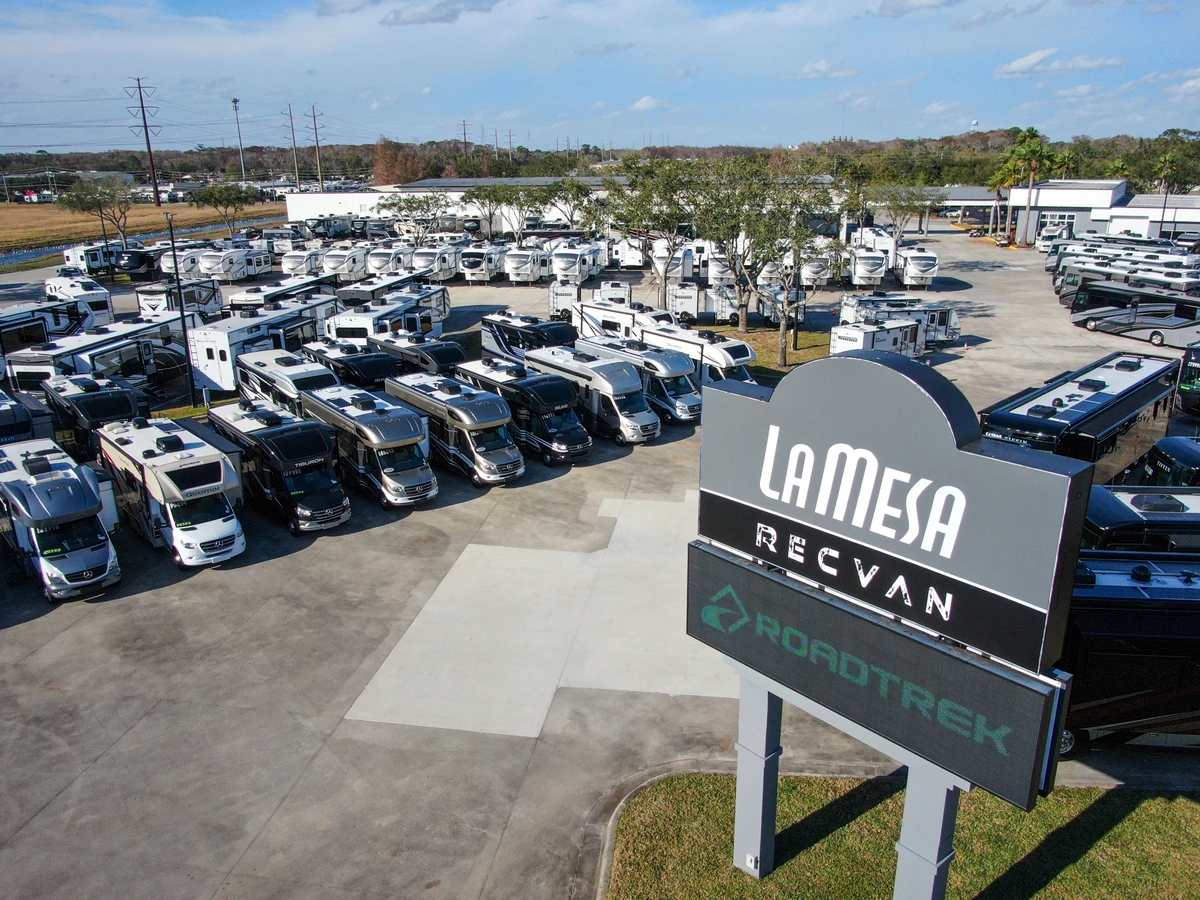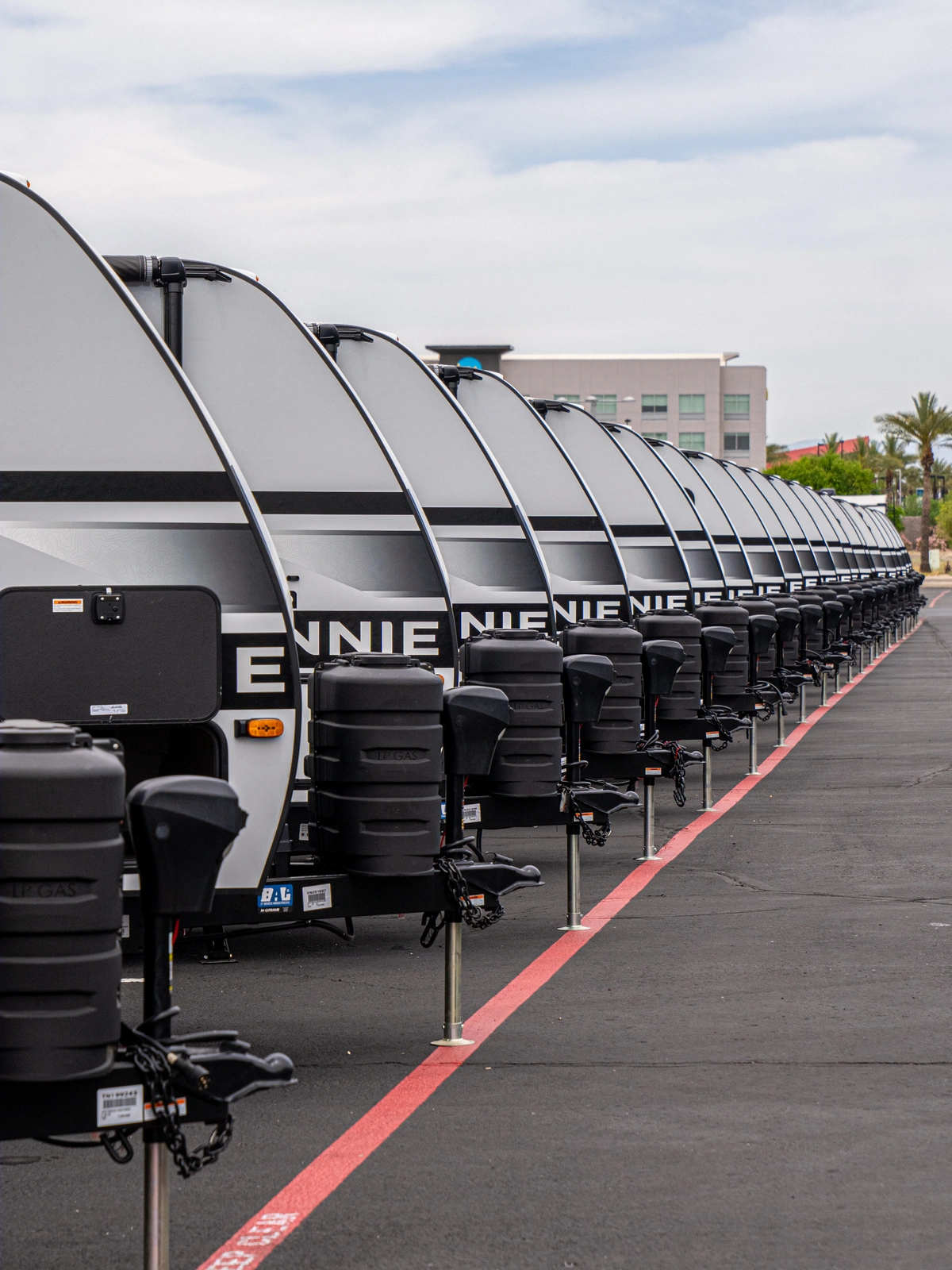When choosing the perfect RV for your adventures, one of your key decisions is whether to opt for a diesel or gas-powered model. Both types have advantages and considerations, making it essential to understand the differences to determine the best fit for your needs. In this blog post, we'll explore the key differences between diesel and gas RVs, helping you make an informed decision for your travels.
1. Engine Performance and Power
3. Maintenance and Longevity
Choosing between a diesel and gas RV ultimately depends on your travel plans, budget, and personal preferences. A diesel RV might be the best choice if you prioritize power, fuel efficiency, and long-term durability. On the other hand, if you're looking for a more affordable option with easier maintenance and sufficient power for most travel needs, a gas RV could be the perfect fit.
At La Mesa|RecVan, we're here to help you find the ideal RV for your adventures. Whether you're considering a diesel or gas model, our team of experts is ready to assist you in making the best choice for your lifestyle. Visit us today to explore our wide selection of RVs and start your journey on the open road!



